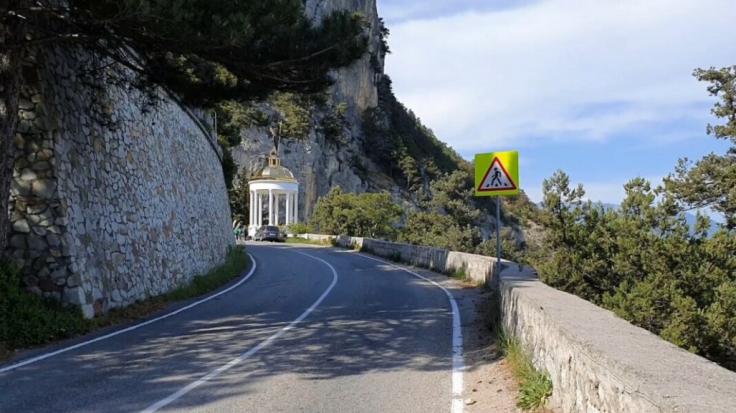UN Special Rapporteur on Minority Issues Dr. Fernand de Varennes got the ARC’ submission, devoted to the Crimea’s challenges for his report “Minorities, Equal Participation, Social and Economic Development and the 2023 Agenda for Sustainable Development”, to be presented at the 76th session of the UN General Assembly. As the mandate of Rapporteur covers any vulnerable ethnic group the submission of our Association described issues of racial discrimination, repressions and “budget” plundering not only on examples of traditional Crimea’s national minorities, but regarding peninsula’s indigenous peoples and ethnic Ukrainians also.
We proved to the Special Rapporteur that Russian in de-facto “authorities” do not realize any policy or program approaches in the Crimea to protect the human rights of ethnic groups, and that their “normative acts” on “inter-ethnic issues” have the propagandistic role only and are in the same time the tools of total embezzlement of relevant costs by the de-facto “authorities” and related criminal structures.
ARC stressed that exactly the Russia’s actions are the main reason for the inequalities based on religious, linguistic or national identity in relation to social and economic development of Crimea’s ethnic groups. We reminded to Rapporteur that Russia bans any independent monitoring visit to the Crimea for the international organizations and independent legal defenders and human rights’ non-governmental structures.
ARC pointed in the submission that the real figures of unemployment rates and poverty levels for ethnic Ukrainians and Crimean Tatars in the modern Crimea are unknown, but such persons are systematically discriminated by Russia’s “authorities” in issues of employment and labour for their ethnic origin and often for “absence of the Russia’s citizenship”. On example of tragic death of Mrs. Veciye Qaşqa we mentioned that that Crimean Tatar women are the direct subject of the politic repressions by Russian punitive bodies in the Crimea.
ARC proved in own submission that Russian de-facto “authorities” spent huge “budget money” allegedly for support the “national cultural autonomies” in the Crimea but those funds are totally embezzled by the Russia’s “officers” via fake organizations like “Cossacks’ unions” or by “autonomies” of some Russia-loyal and Russia-controlled diasporas. We reminded to the Rapporteur that indigenous peoples, ethnic Ukrainians and traditional ethnic minorities in the Crimea have no any practical influence on the planning and realizing the pointed “budgetary allocations” and get no any funding from it.
We informed the Rapporteur that COVID-19 pandemic made negative influence on the socio-economic situation of indigenous peoples, ethnic Ukrainians and traditional ethnic minorities in the Crimea, as all the three checkpoints on the administrative boarding line with Ukraine’s mainland were closed for a long time in 2020. It created difficulties for cultural contacts of the relevant Crimea’s ethnic groups (including the indigenous Crimean Tatars and Ukrainians) with their natives in the Ukraine’s mainland and third countries. Now the checkpoints are formally open but the regime on entering the Crimea due to “epidemic limitations” provided by the corrupted Russian de-facto “authorities” make huge expenses for such persons to pay bribes to “officers” of the Russia’s punitive bodies to get into the Crimea.
Our Association invited the Special Rapporteur’s to Ukraine, including Crimea, that would enable the Rapporteur to make a first-hand impression of the situation with indigenous peoples’ and minorities’ rights in the region. Soon we will inform on other forms of ARC’s communication with UN structures regarding protection the ethnic rights of Crimea’s residents.
Source: arc.construction

